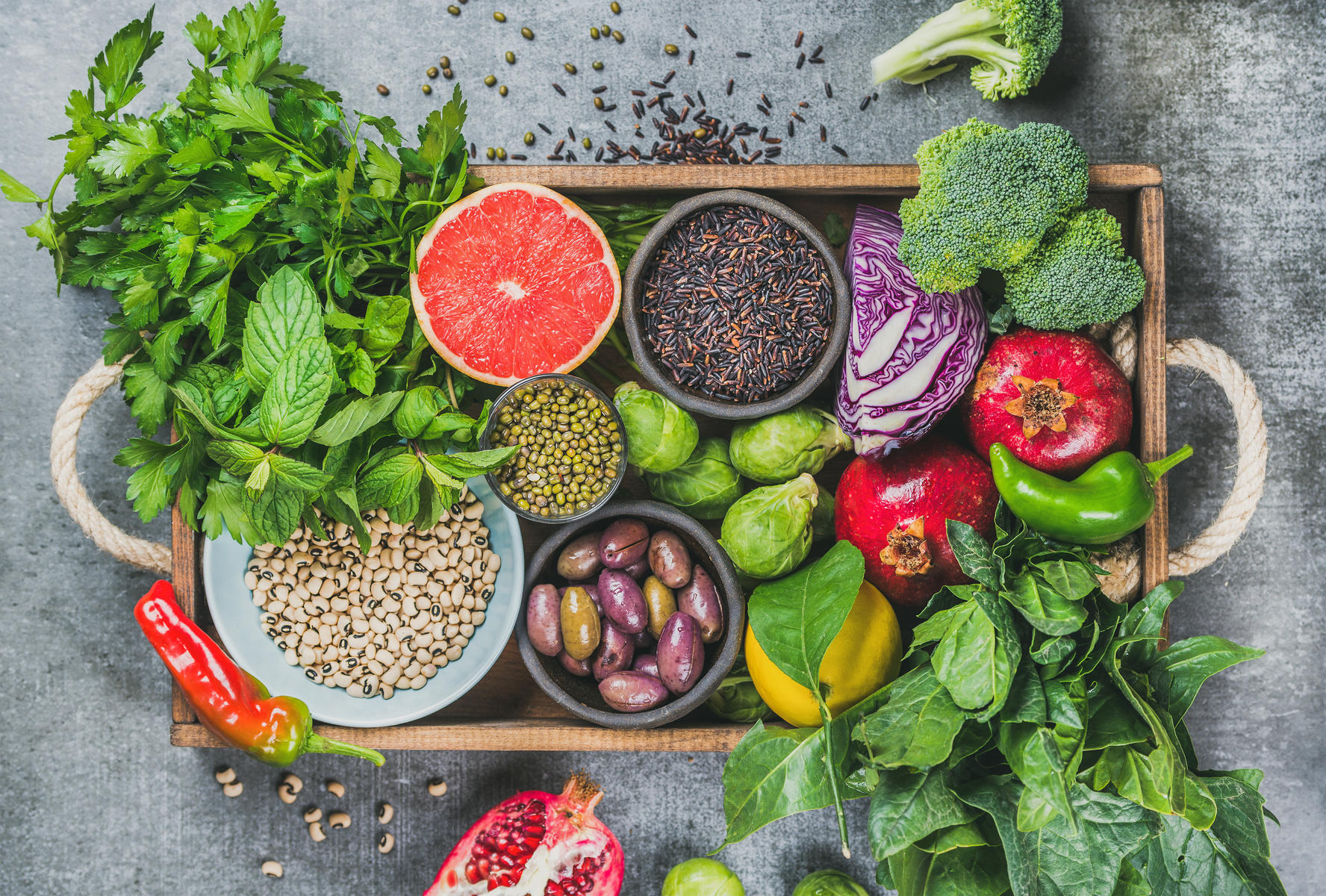
Clean eating is a craze that shows no signs of stopping. In market research, about 40 percent of grocery shoppers says they're interested in clean eating. Grocery stores and restaurants are rolling out "clean label" promises and menus. And products are starting to proclaim "CLEAN!" on the front of the package.
The intentions behind it are good: People are seeking out foods that are closer to nature, with shorter ingredient lists and fewer additives, in an effort to eat as healthfully as they can.
So what's wrong with that?
One issue with clean eating is that it implies that some foods are "dirty". Depending on the particular strain of clean eating, dirty foods could be fruits and vegetables that aren't organic or, in even stricter definitions, anything from a box or package. For some people, clean eating means eliminating entire food groups like dairy or grains.
In a recent opinion piece published in the New York Times called "Relax, You Don't Have To 'Eat Clean'", Aaron E. Carroll , a professor of pediatrics at Indiana University School of Medicine and author of The Bad Food Bible, argues that there's little science to back up a lot of the food phobias and avoidance associated with clean eating. For instance, while very few people truly have celiac disease, one in five Americans choose gluten-free foods. There's also not a lot of data showing that MSG is harmful, though consumers seek to avoid it. And 60 percent of Americans say GMOs are unsafe (though only 11 percent of scientists polled say they are).
According to Dr. Carroll, when people actively avoid eating a food they don't have to, it makes food seem scary: "Food should be a cause for pleasure, not panic," he writes. "For most people, it's entirely possible to eat more healthfully without living in terror or struggling to avoid certain foods altogether. If there's one thing you should cut from your diet, it's fear."
He clearly touched a nerve. At last count, the piece generated more than 1,200 comments! The majority of the comments were from people who disagreed, who said we shouldn't trust the food supply and that fears of pesticides and GMOs are justified.
As I dietitian, I'm thrilled when people are eating a diet of mostly whole foods and choosing more fresh foods and fewer hyper-processed foods. But like Dr. Carroll, I also worry about the current climate of food fear and avoidance. Food fear is especially worrisome when it comes to kids, who tend to take things literally. Will they be worried that their friend's lunch is dirty—or that grandma's white bread is dangerous? And avoiding food groups can be challenging and stressful, especially if it's not medically necessary. Will kids begin sneaking forbidden foods or gorging on them at friends' houses? Is clean eating teaching kids good habits or will it end up feeling more like a kind of restrictive dieting–which isn't healthy at all?
What do YOU think about clean eating?
Sally Kuzemchak, MS, RD, is a registered dietitian, educator, and mom of two who blogs at Real Mom Nutrition. She is the author of The Snacktivist's Handbook: How to Change the Junk Food Snack Culture at School, in Sports, and at Camp—and Raise Healthier Snackers at Home. She also collaborated with Cooking Light on Dinnertime Survival Guide, a cookbook for busy families. You can follow her on Facebook, Twitter, Pinterest, and Instagram. In her spare time, she loads and unloads the dishwasher. Then loads it again.

